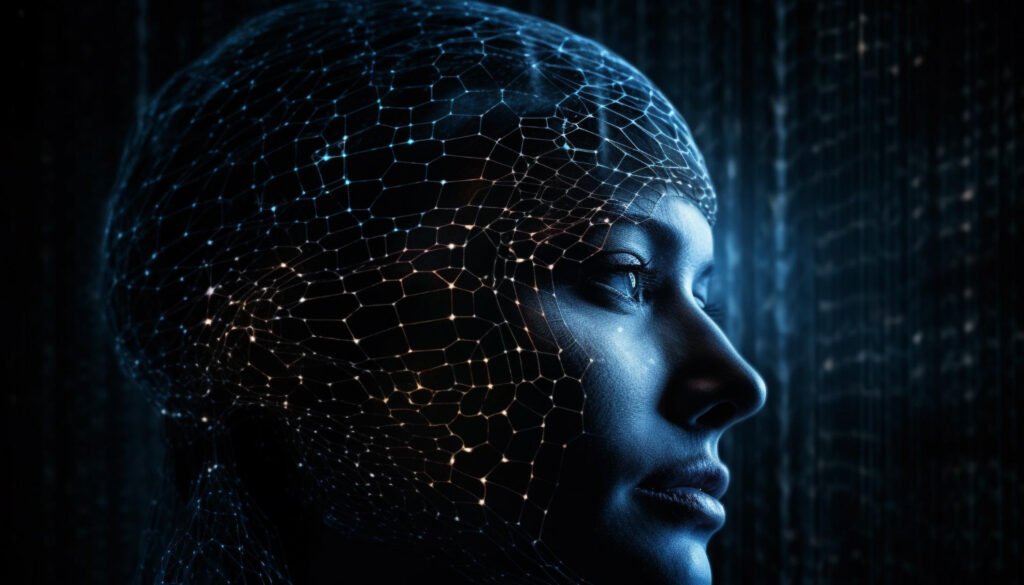Will Humans Be Replaced in The Future of AI?
The Future of AI: In recent years, the rapid advancements in Artificial Intelligence (AI) have sparked both excitement and concern among individuals and industries worldwide. The emergence of AI technologies has led to speculation about the possibility of AI replacing humans in various aspects of life. This article explores the future of AI and addresses the question: “Will AI replace humans of tomorrow?” By examining the current state of AI, its potential applications, and ethical considerations, we can better understand the role AI will play in shaping the world of tomorrow.
The Future of AI: An Overview
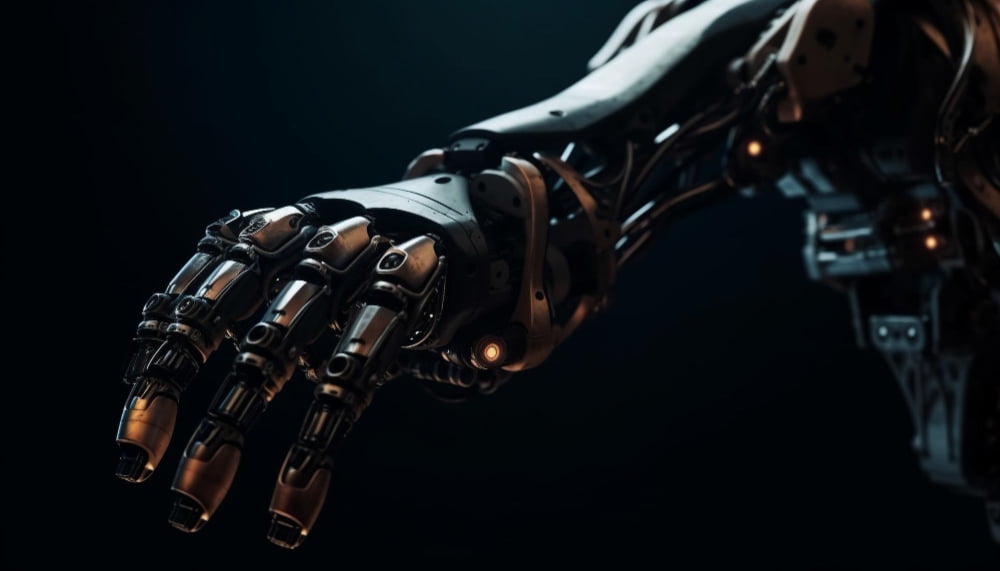
AI is an ever-evolving field that focuses on the development of intelligent machines capable of conducting tasks that normally require human intelligence. From natural language processing to image recognition and decision-making, AI has demonstrated its versatility.
AI Advancements and Their Impact
The continuous advancements in AI technology have led to significant breakthroughs across various industries. Let’s review some of the most significant areas where AI has had a considerable impact:
1. Healthcare & Medicine
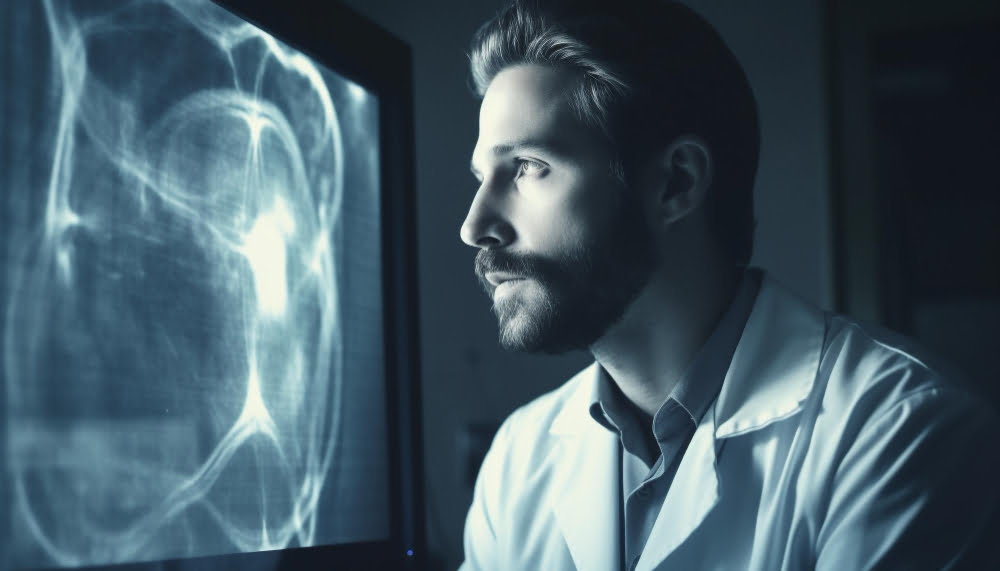
AI has transformed the healthcare industry by enhancing diagnostics, drug discovery, and patient care. Massive quantities of medical data can be analyzed by machine learning algorithms, resulting in more precise diagnoses and individualized treatment plans.
2. Autonomous Vehicles
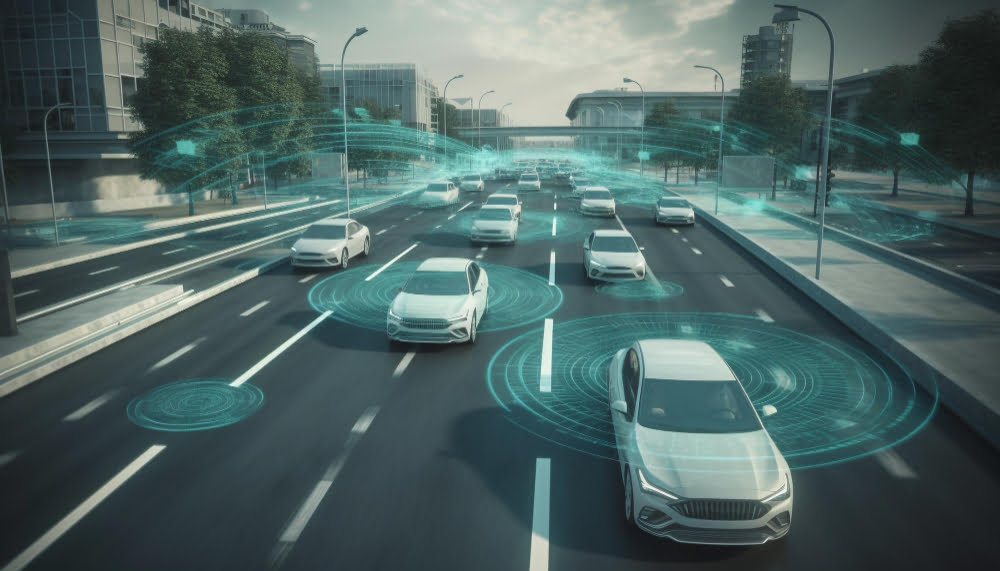
Self-driving vehicles are exemplary of the transformative potential of AI. These vehicles use AI algorithms to detect their surroundings and make decisions in real-time, thereby improving road safety and altering the transportation landscape.
3. Education

Educational tools propelled by AI can personalize learning experiences, adapt to individual requirements, and identify areas where students require additional assistance. This technology has the potential to revolutionize traditional teaching methods.
4. Finance and Banking
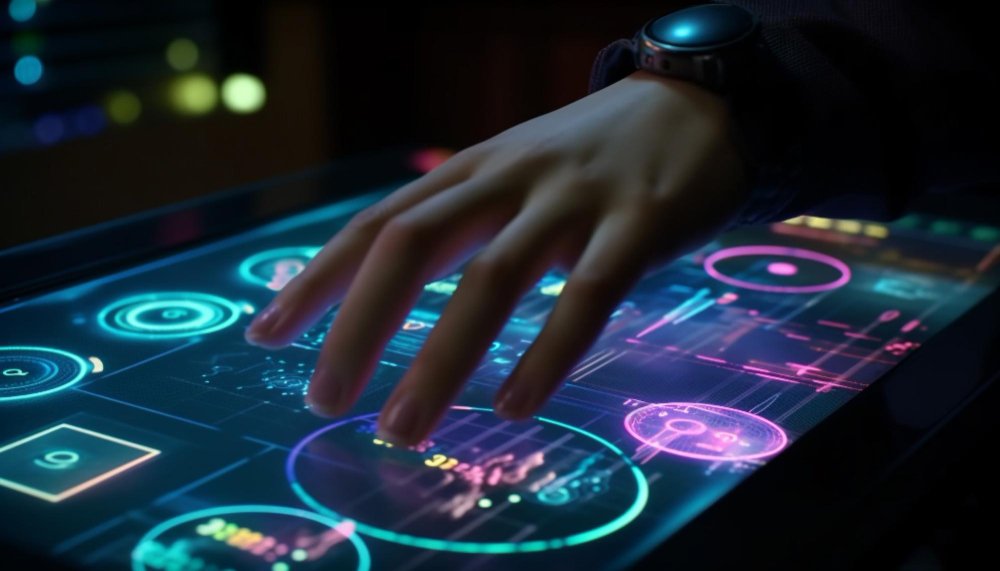
In the financial sector, AI algorithms analyze market trends, manage risks, and detect fraudulent activities. AI-powered chatbots also provide customer support, streamlining banking services.
The Ethical Dilemma of AI
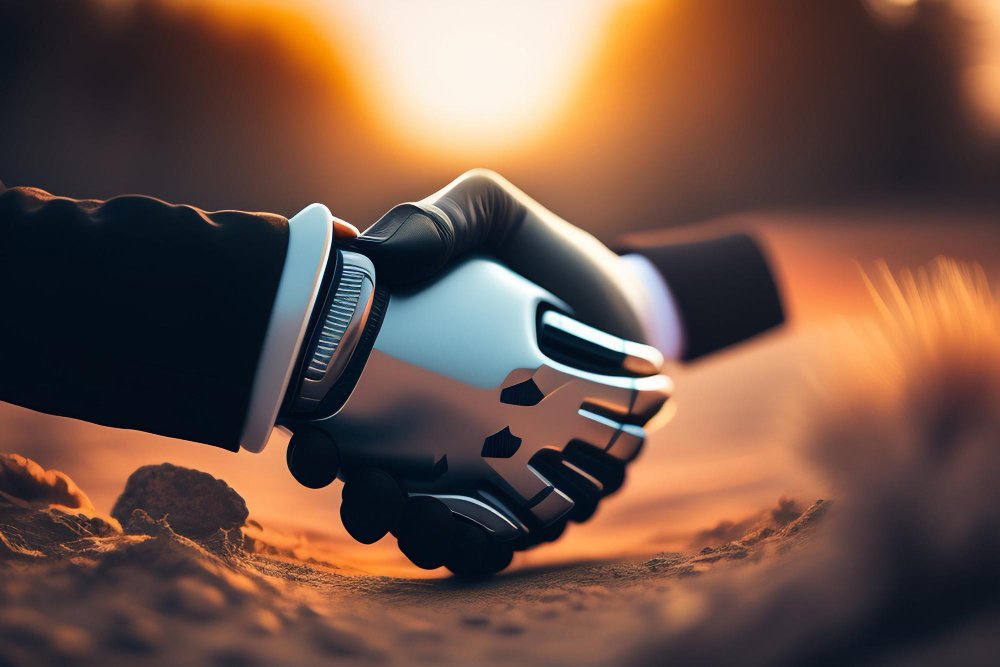
While AI advancements offer numerous benefits, they also raise ethical concerns. As AI technology becomes more sophisticated, we must address the following ethical dilemmas:
1. Job Displacement
The prospective loss of jobs is one of the most significant concerns regarding artificial intelligence. As AI systems become more capable, specific human-performed duties may be automated, resulting in the loss of jobs in specific industries.
2. Bias and Fairness
AI algorithms are only as fair and unbiased as the data used to train them. If the data contains inherent prejudices, AI systems may reinforce these biases, resulting in discriminatory outcomes.
3. Privacy and Security
The power of artificial intelligence to process massive volumes of data raises worries about individual privacy and data security. Finding a happy medium between using data for good and preserving personal information is a difficult task.
Coexistence and Progress

The future of AI and its impact on humanity will be defined by how we embrace coexistence and collaboration. Instead of fearing AI’s dominance, we must harness its potential for positive change.
1. Reskilling and Upskilling
As AI automates certain tasks, it is essential to invest in reskilling and upskilling the workforce. This prepares individuals for new roles and ensures continued relevance in an AI-augmented world.
2. Research and Development
Continued investment in AI research and development is critical to unlocking its full potential. AI will continue to evolve, and it is essential to stay at the forefront of innovation.
Can AI Truly Replace Humans?
The question on many minds is whether AI will completely replace humans in various domains. The answer to this question is not straightforward, as AI and human intelligence possess different strengths and limitations.
AI excels at processing and analyzing large datasets, pattern recognition, and performing repetitive tasks with high precision. However, AI lacks creativity, emotional intelligence, and the ability to make complex ethical decisions, which are uniquely human traits.
FAQs about the Future of AI
Here are some frequently asked questions about the future of AI:
1. What is the Singularity in AI?
Singularity is a hypothesized future point when AI will be so advanced that it will outperform human intelligence. Some experts believe that Singularity could have profound effects on society, while others view it as a distant possibility.
2. Will AI Take Over All Jobs?
While AI may automate certain tasks, it is unlikely to take over all jobs. Instead, AI is expected to augment human capabilities, leading to new job opportunities and roles in AI-related fields.
3. Can AI Develop Consciousness?
As of now, AI lacks consciousness and self-awareness. While AI systems can mimic human behaviors, they do not possess genuine consciousness.
4. How Can We Ensure Ethical AI Development?
Ethical AI development requires transparent algorithms, unbiased data, and robust ethical guidelines. Collaboration between researchers, policymakers, and ethicists is crucial to ensure AI benefits society without causing harm.
5. Will AI Replace Human Creativity?
While AI can assist in creative processes, human creativity remains unique and difficult to replicate. AI-generated content often lacks the depth and emotional aspect of human creative works.
6. What Are the Potential Risks of AI?
Some potential risks of AI include unintended consequences, misuse of AI technology, and a lack of accountability for AI-generated decisions.
Will AI lead to a utopian or dystopian future?
The future of AI is determined by how we use and govern it. Responsible practices, it has the potential to lead to a utopian future.
Conclusion
AI’s future has enormous promise and possibility. AI will likely shape numerous elements of our lives as it advances. While the impact of AI may result in job displacement and ethical quandaries, it is critical to support responsible AI development in order to maximize its benefits and prevent any problems. Finally, the relationship between AI and humans should be one of collaboration, with AI complementing rather than replacing human abilities.
The future of AI will not be about replacing humans but about cohabitation and collaboration. We can harness the full potential of AI for the betterment of society by acknowledging the strengths and limitations of both AI and humans. Ethical AI development, in conjunction with continued education and research, will bring us to an exciting future in which humans and AI coexist.

